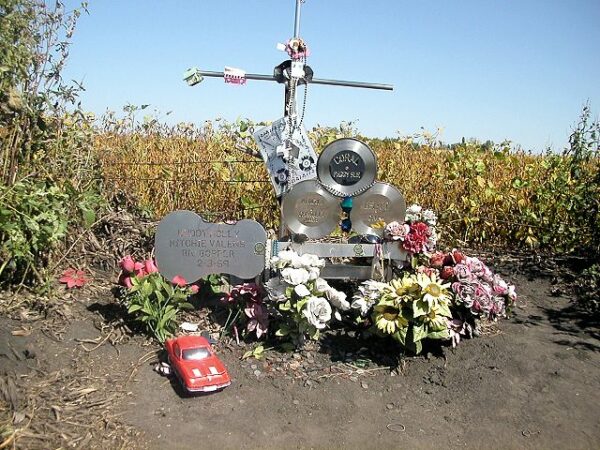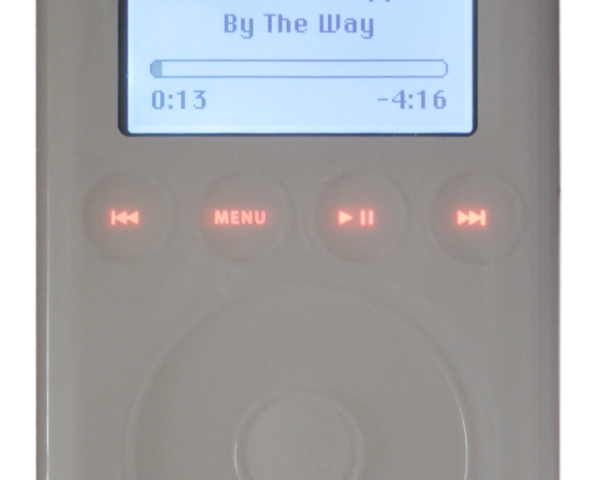“The Day the Music Died,” February 3, 1959, remains one of the most tragic events in music history. On that day the world lost three iconic musicians—Buddy Holly, Ritchie Valens, and J.P. “The Big Bopper” Richardson. These artists had just finished performing at the Surf Ballroom in Clear Lake, Iowa, during the Winter Dance Party tour. Confronted with a malfunctioning tour bus, Holly opted to charter a plane to fly the band to their next gig in Moorhead, Minnesota.
Tragically, the Beechcraft Bonanza plummeted to the ground shortly after takeoff, killing everyone aboard. The crash sent shockwaves across the globe, profoundly shaking the music industry and leaving an irreplaceable void. Holly, Valens, and Richardson were more than just victims of a calamity; they were rising stars who had already left an indelible mark on rock and roll. Buddy Holly’s seminal hits like “Peggy Sue” and “That’ll Be the Day” had cemented his status as a pioneer, inspiring countless musicians.
The catastrophe also forced the music industry to overhaul tour safety protocols, leading to new measures to protect traveling artists and prevent future tragedies. Don McLean’s 1971 ballad “American Pie” immortalized the event, capturing the era’s cultural shifts and honoring the legacy of the artists who perished.
Though the world lost Buddy Holly, Ritchie Valens, and The Big Bopper that fateful winter night, their musical influence endures. Their recordings continue to celebrate their talent, ensuring that the significance of “The Day the Music Died” remains an essential chapter in the saga of rock and roll.






